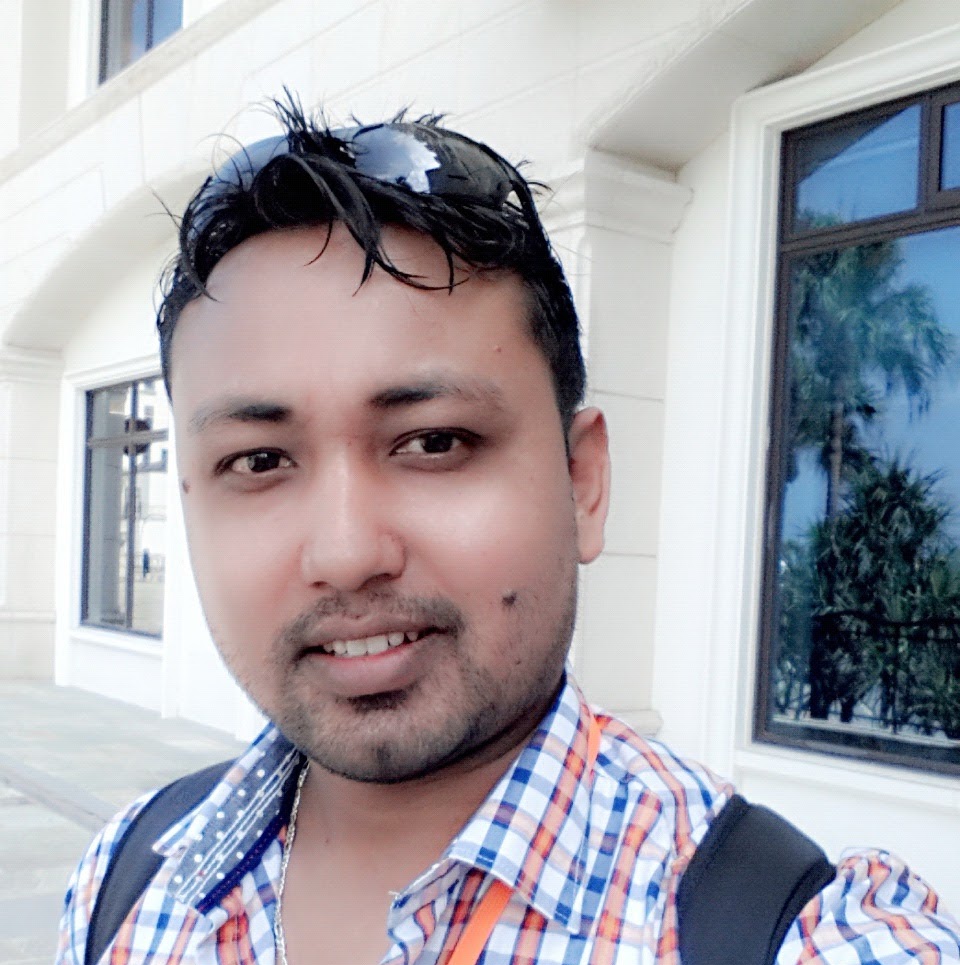World’s First Baby with Three Genetic Parents: DNA Breakthrough

Courtesy of the New Hope Fertility Center, Columbus Cir Manhattan, NY 10019, USA
The newborn baby inherits genetic material from mother and father but the mitochondrial DNA is inherited solely from the mother. Thus, any type of mitochondrial diseases can easily transfer to her baby causing the similar genetic disorder. To minimize the transmission of such disorder, the defective mitochondria should be removed and replaced with normal mitochondrial DNA. Recently, Zhang reported the successful approach of Metaphase II spindle transfer in treating one of the mitochondrial disease called Leigh Syndrome, a severe neurological disorder which leads to death before the age of 3 years. The treatment was performed in the 36 years old mother carrying mitochondrial DNA mutation (8993T > G). Additionally, the mother was having the history of recurrent pregnancy loss and deceased children from Leigh Syndrome as confirmed by 95% mutation overload. This type of mutation doesn’t show any symptoms when the mutation load is less than 30% but for the probability of having severe symptoms, the mutation load should reach 60-70%.
According to the paper published in Reproductive BioMedicine Online (Zhang J et al. 2017), Zhang and his colleagues at New Hope Fertility Center performed the mitochondrial replacement therapy. He removed nucleus (metaphase II spindle) from the egg of original mother carrying mutated mitochondrial DNA and then transfer into the donor egg cytoplasm (nucleus-free). Finally, the hybrid egg contains the nucleus (metaphase II spindle) of original mother and the cytoplasm with mitochondrial DNA of healthy donor woman. Further, the hybrid egg was fertilized in vitro with a motile sperm having normal morphology from the father which then implanted in the original mother. The whole process was to bypass the mutated mitochondrial DNA that causes Leigh syndrome. After the implantation of fertilized egg, the healthy baby boy was born nine months later. At present, the baby is 7 months old and is healthy with no sign of neurological problems. The author also reported that the neonatal mitochondrial DNA have mutation load of 2.36-9.23% and is asymptomatic. In the line, they have fertilized 5 eggs and still 4 is available after a transfer which can be used in future if parents decide for the next baby. This treatment strategy that allows parents with the rare genetic mutation to have healthy babies, has only been legally approved in the UK but has not been tried yet. However, the US-based team in Mexico fast-forward progress around the world by treating the couple at DNA level to give birth of a healthy baby. The technical procedure to produce hybrid egg and verification was performed in New York City clinic which then was shipped to their own clinic in Mexico for transfer in the patient because the US has not approved the procedure while Mexico has no rules.
This is the world first three-parent baby with good standing health and first clinical nuclear (metaphase II spindle) transfer to minimize transmission of mutated mitochondrial DNA from mother to offspring. This is revolutionary clinical research in the field of IVF that provides the best treatment option as well as an ideal platform to other embryologist researchers. Also, parents who are having a rare genetic mutation and looking new way to conceive, heartily welcome this news and of course such successful treatment can give new hope and smile in the infertile couple. However, this treatment strategy in infertility cases might be dangerous because every gene that comprises fertility might have effect in the later aspect of development. Thus, hold several challenges such as; 1) long-term health of the child, 2) monitoring the progress and adverse outcomes, 3) fertility of the baby in adulthood, and 4) ethical and scientific questions etc. In the line to conclude, there is much more controversy over this treatment but successful treatment can override those controversies.
(Writer is Doctoral Researcher -Tzu Chi University, Hualien, Taiwan)

 Rupendra Shrestha
Rupendra Shrestha




Feedback